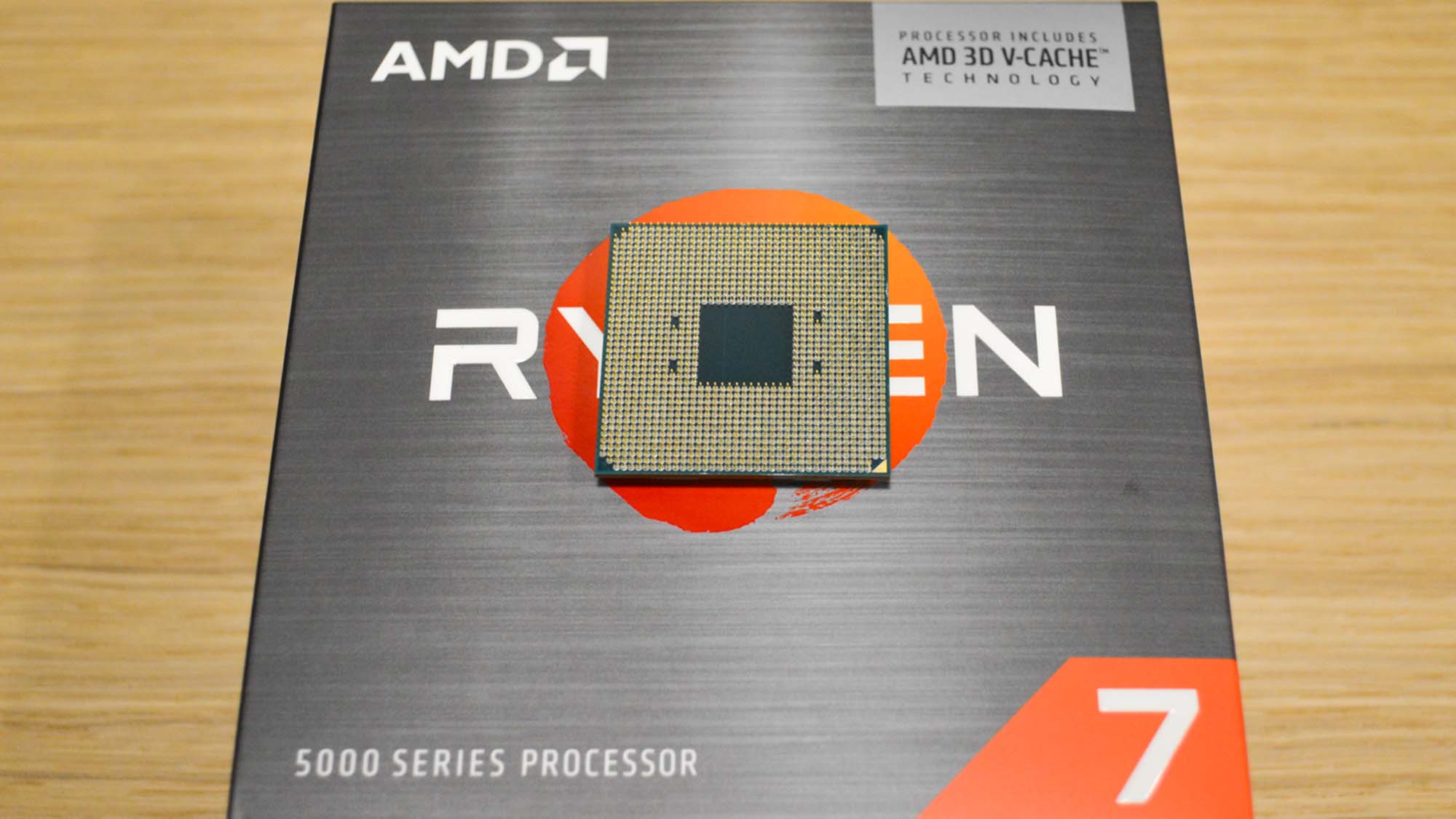Ryzen 7000 CPU leak shows AMD taking boost speeds to new heights
Rumored 8-core CPU offers boost to 5.2GHz – and that’s still a sample chip

Sign up for breaking news, reviews, opinion, top tech deals, and more.
You are now subscribed
Your newsletter sign-up was successful
AMD’s Zen 4 processors – expected to be Ryzen 7000 models – are due later in 2022, and we’ve just caught another glimpse of what could be one of the desktop models which are inbound.
It’s an 8-core CPU which was spotted on the OpenBenchmarking database (as flagged up on Twitter by Petykemano, via Tom’s Hardware), although we need to treat this with more caution than usual, as the database result has just been taken down. But when still present, it appeared to show an AMD engineering sample chip for Zen 4 (bearing a similar codename to a previously leaked next-gen Team Red CPU).
As mentioned, the chip has 8-cores (and 16-threads), and it’s recorded as having a boost speed of 5.2GHz. That’s nippy indeed…
Presumably this will be the Ryzen 7 7800X, as Tom’s theorizes, and for comparison, the current 5800X tops out at a boost of 4.7GHz.
The other interesting bit of info leaked here is that the CPU has an integrated GPU, backing up past speculation that Zen 4 will break with tradition and come with built-in graphics (rumored to be RDNA 2).
The processor has a ‘GFX1036’ GPU solution which runs between 1,000MHz to 2,000MHz, so this is further fuel to the integrated graphics fire – and moreover, that codename points to RDNA 2, as well, given that it uses the GFX1030 series IDs.
Analysis: Clocking things up seriously – but time is of the essence
It would appear that AMD’s new chips offer the scope to be clocked up considerably, then, compared to Ryzen 5000 processors. That 5.2GHz speed is 10% faster than the existing 5800X model, and remember, this is still an early sample processor – there could be further room to juice up clock speeds yet. And this is before considering the architectural improvements of Zen 4 which will shift performance up a gear from current-gen AMD CPUs, too.
Sign up for breaking news, reviews, opinion, top tech deals, and more.
Of course, chuck some major salt around with all this (and indeed throw in some extra condiments – colonel mustard maybe).
Whatever the case, AMD has a battle on its hands to get Ryzen 7000 out of the door in as swift a manner as conceivably possible, or at least that’s the way we see it. Intel has made some impressive gains with Alder Lake and its new hybrid approach (mixing performance and efficiency cores), and there’s a solid bunch of rumors indicating that next-gen CPUs from Team Blue (Raptor Lake) will up the stakes considerably more than you might think for a straightforward refresh of the current-gen (particularly for gamers, perhaps).
Meaning that AMD really needs to get Zen 4 CPUs released at the same time as Raptor Lake, or preferably before – if Intel’s 13th-gen does turn up while Ryzen 5000 processors are still the best rival option on the shelves, then Team Red is going to look quite a way off the pace of the cutting-edge for desktop silicon.
The good news is that with pre-release samples now having been spotted multiple times, this is a fair indication that the cogs are whirring nicely for the Zen 4 launch – and hopefully the first benchmark leaks won’t be far off, which will give us a better indication of performance. (We may even see an initial reveal of Ryzen 7000 at Computex, very soon, if the rumor mill is right).
It’s also worth bearing in mind that Ryzen 7000 chips will be powered up further with 3D V-cache variants down the line – as we’ve seen with the 5800X3D in the current-gen – and a 7800X3D (or whatever turns up, maybe multiple offerings this time round) will give AMD more leverage in terms of being competitive with Raptor Lake.
Darren is a freelancer writing news and features for TechRadar (and occasionally T3) across a broad range of computing topics including CPUs, GPUs, various other hardware, VPNs, antivirus and more. He has written about tech for the best part of three decades, and writes books in his spare time (his debut novel - 'I Know What You Did Last Supper' - was published by Hachette UK in 2013).